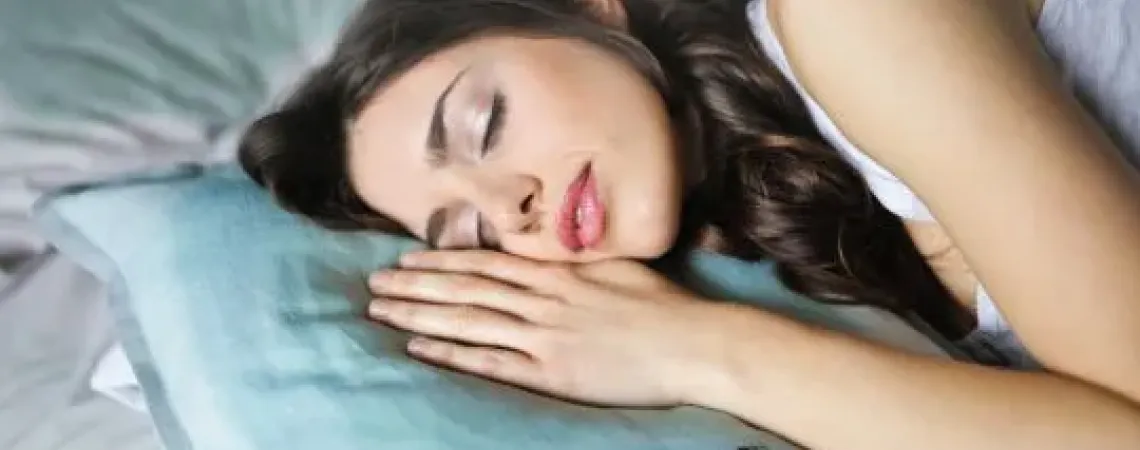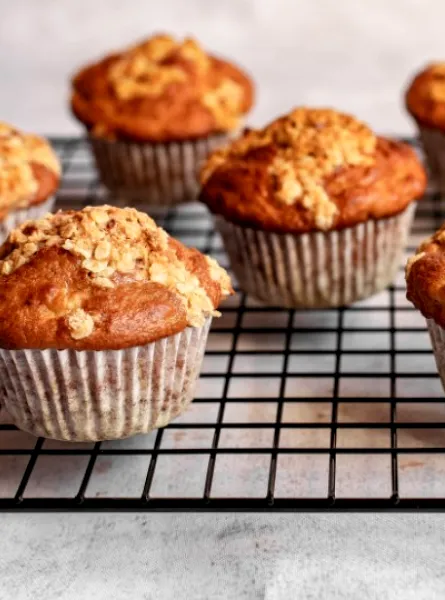
Could it be that better sleep leads to better eating or better eating leads to better sleep? In fact, the two are interrelated.
Less sleep can disrupt our hunger and satiety signals.
This means that we don't meet our energy needs as well, which can lead to weight gain in the long run. Sleep helps regulate the satiety hormone leptin and the hunger hormone ghrelin. Lack of sleep interferes with the secretion of leptin, which can cause us to eat more.
On the other hand, poor nutrition at the wrong times can also interfere with sleep.
How can we put nutrition on our side to help us fall asleep?
Your first instinct will probably be to take relaxing herbal teas. They can indeed have a calming effect on your body, especially chamomile.
On the other hand, you should be careful about their diuretic effects, which can keep you awake to go to the bathroom too often! On the other hand, it is true that some foods can help induce sleep. Tryptophan is an essential amino acid that allows the synthesis of serotonin and melatonin, two hormones that contribute in their own way to quality sleep. Therefore, eating bananas, almonds, cashews, peanuts, brown rice, fish, eggs, dairy products, meat and poultry, and legumes in the evening contributes to your tryptophan intake.
Since it is an essential amino acid, make sure you get enough tryptophan in your diet every day to help you fight insomnia. If you have concerns about your health, don't hesitate to consult a health care professional such as a registered dietitian to help you make better food choices to have an impact on your sleep.





